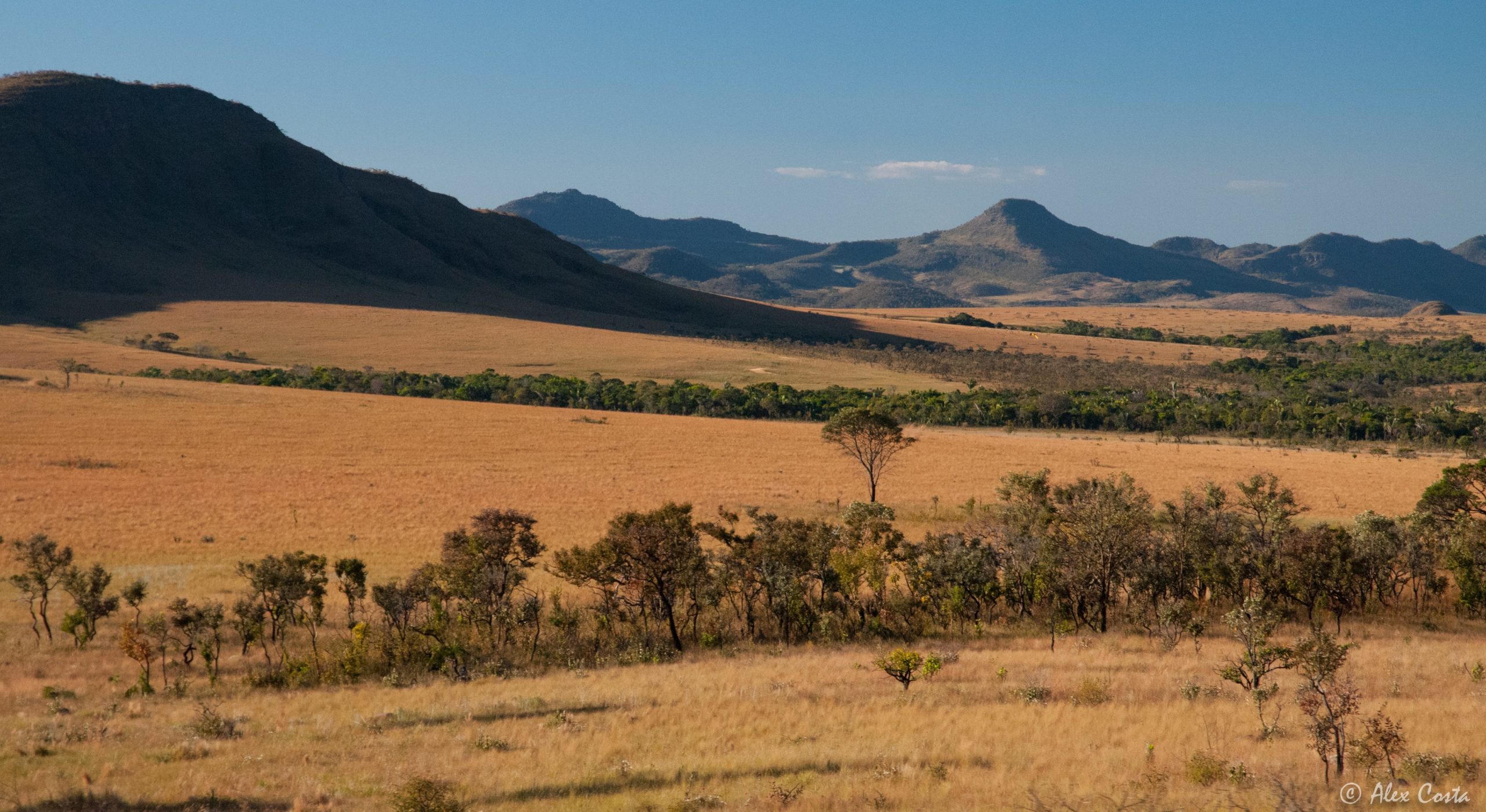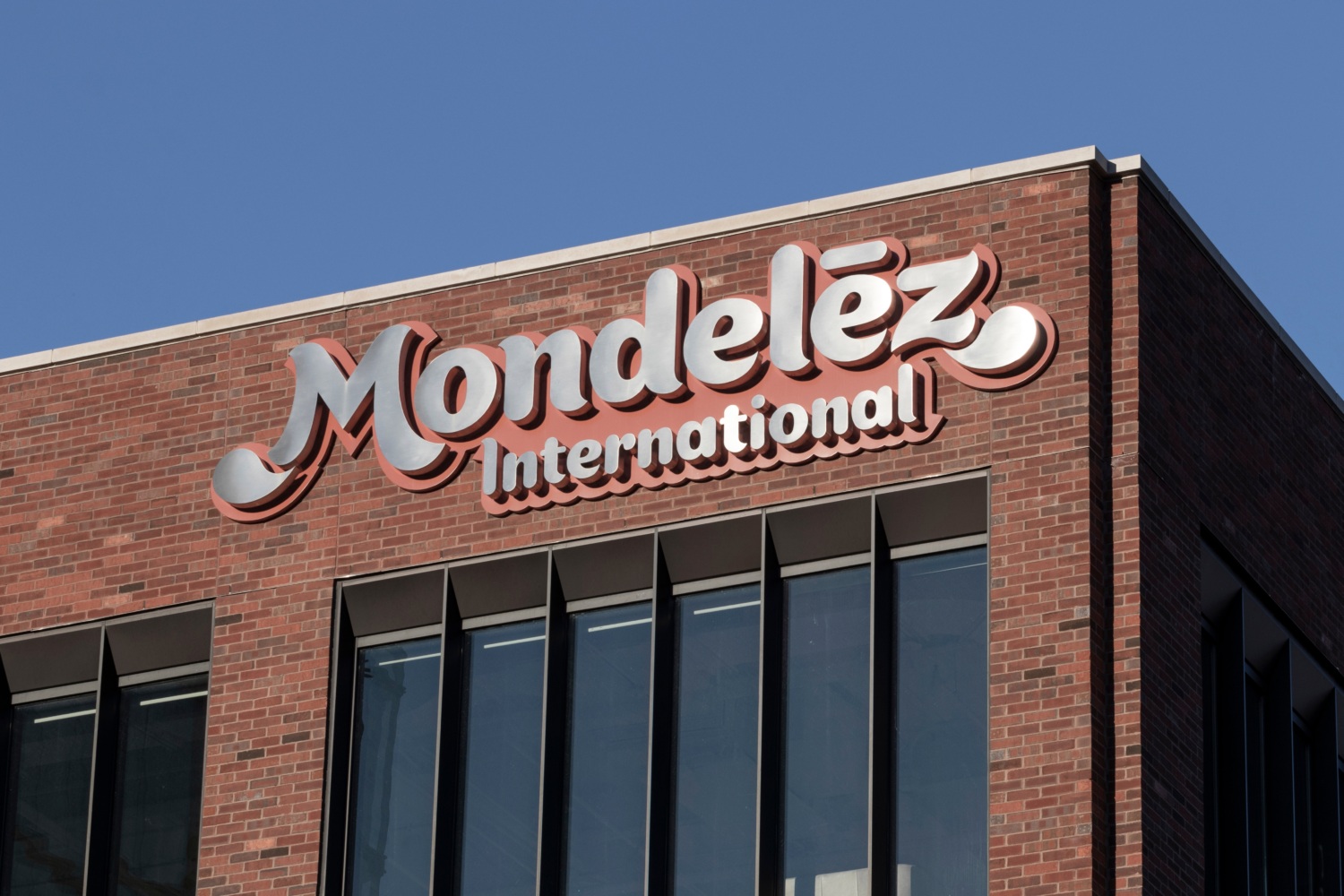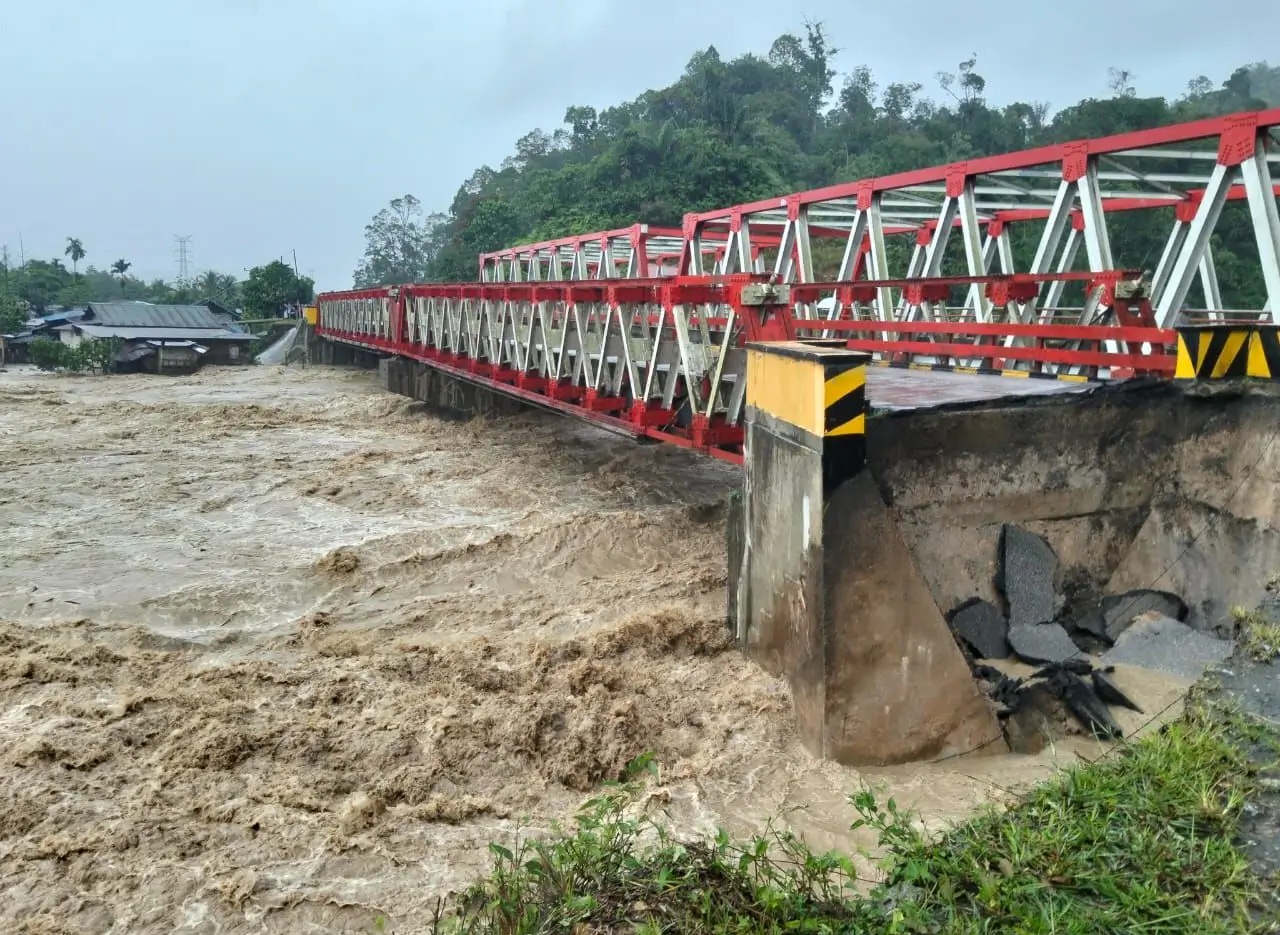
Statement on 23 companies’ call for end to deforestation to produce meat
Today, 23 major meat retailers and consumer goods companies joined a call to the world’s major soy and cattle companies to take joint action to stop the destruction of the Cerrado, Brazil’s highly biodiverse savannah forest that provides much of the water for Brazil. Agricultural interests like the American companies Bunge and Cargill have already destroyed more than half of the Cerrado, leading to the call for urgent action.
Today’s announcement could represent the beginning of the end of deforestation in Latin America. The commitment was announced today at a meeting hosted by the Prince of Wales and Unilever, and signed by companies like Tesco, Marks & Spencer, Walmar, and McDonald’s. These companies have recognized that with 500 million acres of heavily degraded land available across Latin America, expanding agriculture does not require destruction of native ecosystems.
Now, it is up to the agribusinesses that dominate the global soy trade to act on this strong call from their customers. In particular, as Mighty Earth’s Mystery Meat investigation showed, Cargill and Bunge have each been responsible hundreds of thousands of acres of deforestation each across the continent. We hope these companies will now respond to their customers’ demand for environmentally responsible raw materials, and extend their own success in fighting deforestation in the Brazilian Amazon to the rest of Latin America.
The world has just 1000 days to meet companies’ 2020 pledge to eliminate private sector-driven deforestation. The original Soy Moratorium effectively eliminated deforestation for soy in the Brazilian Amazon in less time than that. Progress is possible, but it will require immediate action by Cargill and Bunge and their peers – and consequences to them from the 23 signatories if Cargill and Bunge don’t act.
Along with a range of technical experts, academics, companies, and civil society organizations Mighty Earth developed a technical proposal for a land-use change monitoring system for soy-growing areas in Latin America. The cost would be between $750,000 and $1,000,000 to establish, one seventy thousandth of these companies annual profit. Once the system is up and running, the annual cost could drop to possibly half that amount.
Today’s statement is a step forward, but companies need to continue pushing for a comprehensive solution such as the one described above. Just over the border from Brazil lies the Bolivian Amazon, where companies like Cargill have contributed to the destruction of approximately 10 million acres of forest, habitat for rare sloths and jaguars, and home to threatened indigenous communities. These same companies are also driving extensive deforestation in Argentina and Paraguay’s Gran Chaco, where action can be extended as well. Indeed, while the original Brazilian Soy Moratorium (and related Cattle Moratorium) have been wild successes, their flaw was that they were limited to just one ecosystem, permitting deforestation to continue apace elsewhere. Companies shouldn’t repeat the mistake of focusing too narrowly when a more comprehensive solution is tantalizingly within reach.
We congratulate the retailers and other consumer companies and many civil society organizations who contributed to today’s announcement. While it must be followed by real pressure and a comprehensive approach to make a real difference for all Latin America, it is a game changer.
Sincerely,
Glenn Hurowitz, Mighty Earth CEO


